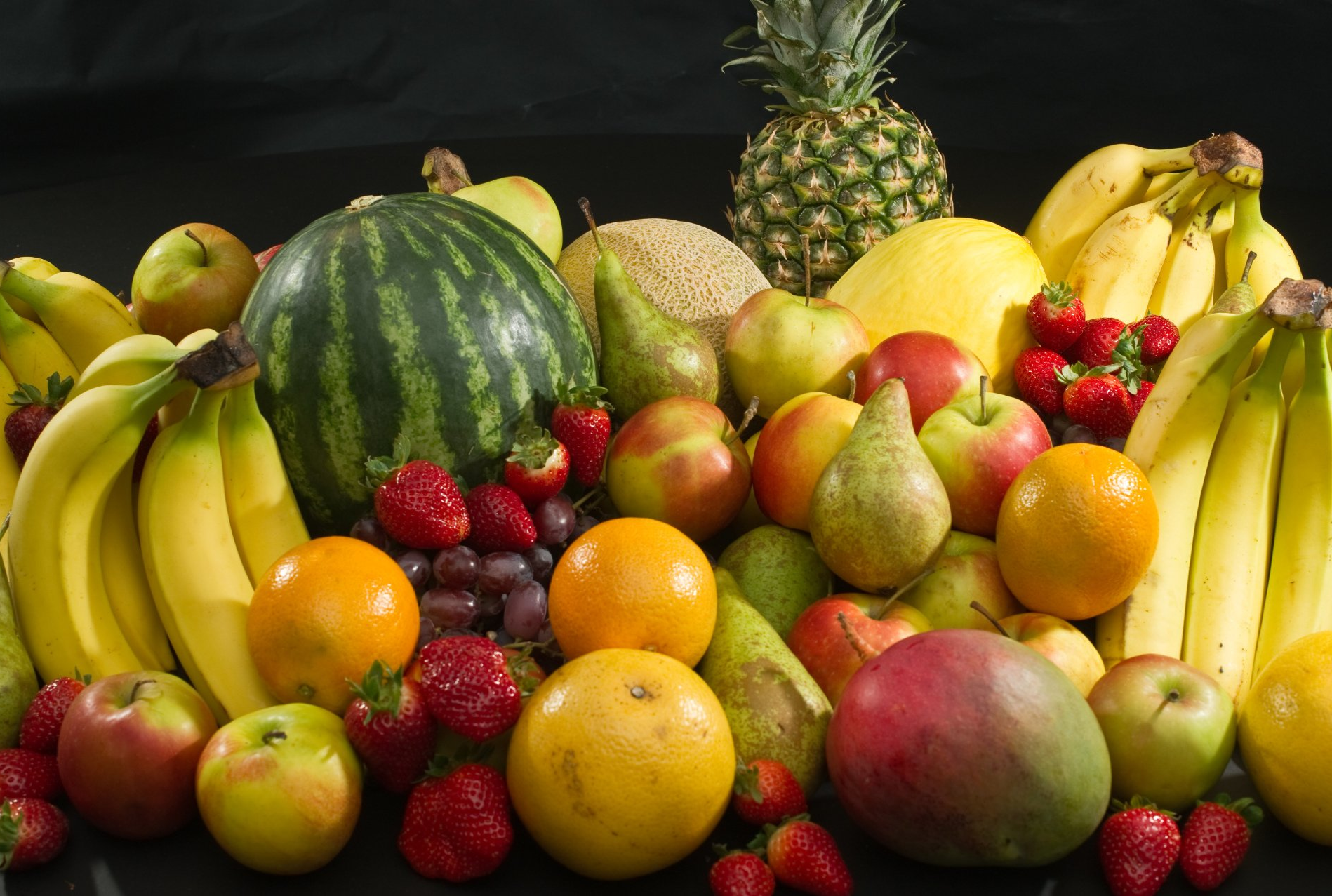Misconceptions About Kwanzaa: Should Afrikans Give Up Their Own Cultural Observance Because Someone is Not Or No Longer Considered Liked or a Friend?
- By kwende ukaidi
- •
- 05 Dec, 2021
- •
Celebrating the Wonderful Observance of Kwanzaa

Friendships are a natural and
meaningful necessity of Afrikan life. It is certainly a part of the social norm
for successful communal functioning throughout the ages. In the natural state
of Afrikan self-governance and nationhood, friendships exist within the context
of the overall thrust of duty and responsibility Afrikans hold for themselves
and their ascension. Certainly, such relationships are readily able to exist
and carry meaningful and progressive substance with a shared way of life. From
their own self-determined cultural basis Afrikan souls naturally connect to
build, secure and elevate life.
As a result of the interruptions and disruptions brought about through the Maafa of recent centuries, the cultural rootedness of friendships – each Afrikan to the next – has been subject to severe attack by others that mean the Afrikan ill. As a result, many would-be friendships are mere ‘survival mechanics’ beyond the realms of natural cultural context and the norm of Afrikan self-goverance.
As such, for many in the now the word friend has come to mean (according to a popular mainstream platform):
“a person with whom one has a bond of mutual affection, typically one exclusive of sexual or family relations”.
So, as long as there are some mutual feelings involved outside of sexual or family relations then parties can be considered friends. Such, a definition does not describe the fundamental cultural grounding that is natural to Afrikan life with the inherent ethical standards, progressive missioning, security of Afrikan life and so on for the Afrikan norm of rooted friendship. Surely, such a definition speaks to presently peddled friendship aesthetic that can well be void of any meaningful substance. Simply put, for many acting friendly and being a friend are two distinct realities. By contrast, the natural norm of Afrikan life outward expression reflects the deeper substance of being. However, in the context of sheer survival strategies can be employed with a host of motivating factors.
Kwanzaa as a wonderful observance celebrating the Afrikan community holds fabric of cultural restoration and ascension to aid the establishment of meaningful and progressive relations – Afrikan to Afrikan. With shared cultural fabric functional relations are well beyond mere feelings and carry rooted substance.
Yet, even if there is disagreement or another Afrikan is not considered to be a friend it is the natural norm to realise that it is with the relationship itself that attention is focussed in order to act accordingly – whatever the rightful and considered outcome may be. For Afrikans to misguidedly sever ties with their own cultural observance of Kwanzaa due to not liking this person or that is to destructively negate the fundamental level and core importance of their own way of life.
In the context of groups whereby the word friend could become plural, discarding Afrikan cultural practice of self because of a feeling of like or dislike for a particular group can amplify destruction.
In short, ‘not like’ or ‘not friend’ labelling of personal associations does not mean cultural abandonment. Surely no self-respecting people would treat their own culture and cultural observances at such a less than tertiary level. The imperative thrust of Afrikan cultural restoration and ascension is of imperative and fundamental importance to Afrikan life. It is naturally nonsensical to place aesthetic or pseudo-friendships upon the level of rooted Afrikan world community cultured living. The wonderful Kwanzaa observance can surely provide eventual Afrikan world rejuvenation where deeply meaningful and functional substance of self is reflected in outward expression. A suggestion that Afrikans give up their own cultural observance because someone is not or no longer considered liked or a friend is gross misconception.Kwanzaa is one of the essential cultural observances of life within the Universal Royal Afrikan Nation. The Universal Royal Afrikan Nation (URAN) is an Afrikan-centred spiritual and cultural mission for ascendancy that embodies living spiritually and culturally rooted life. To find out more about URAN and its spiritual-cultural mission for liberty and nationhood click here. The exquisite URAN pendant can be obtained online by clicking here.
In his capacity as an Afrikan-centred spiritual cultural practitioner this author is available for further learning in this regard and also for the carrying out of ceremonies such as naming and name reclamation. For details please click here.
Afrikan World Studies programmes are an important forms of study in understanding the Afrikan experience. There are a range of subjects covered on these programmes including History, Creative Production, Psychology and Religion. To find out more about these learning programmes please click here. For the video promo for these learning programmes click here.
Also, in the approach to the important cultural observance of Kwanzaa, the text: From Pert-En-Min to Kwanzaa - A Kuumba (Creative) Restoration of Sacred First Fruits by this author is available to purchase online here. This publication provides informative detail on the of the Kwanzaa celebration. You can also visit the institution of Yemanja to pick up a copy.
At nominal cost, also consider acquisition of an a4 laminate poster of articulations by this author when visiting the Yemanja institution to enrol, consult, learn, gather or otherwise.
Also, visit www.u-ran.org for links to Afrikan liberation Love radio programme on Universal Royal Afrikan Radio online.
